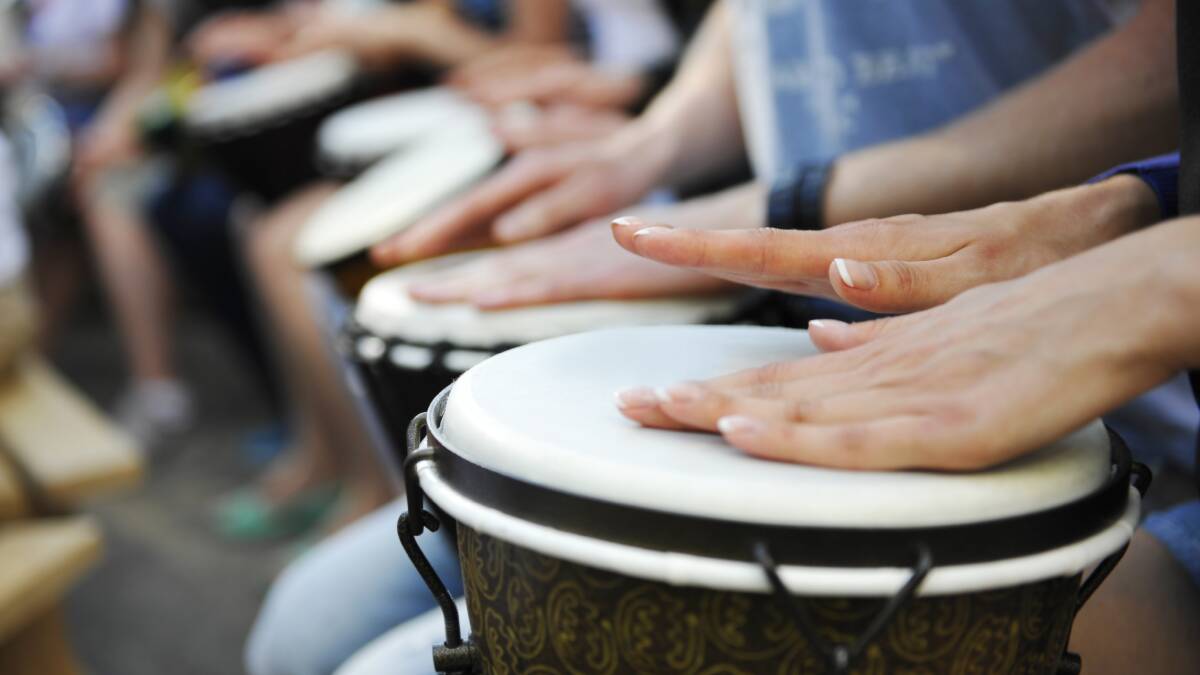
Beat around (about) the bush originally meant what it says – somebody beating the bush so an animal hiding in the bush could “escape” and somebody else could kill it.
Subscribe now for unlimited access.
$0/
(min cost $0)
or signup to continue reading
These days, while retaining the original meaning, the phase has softened to express an unwillingness of people to do things in a hurry. Tomorrow will do.
Beating around means not going straight to the point.
George Gscoyne said in 1572: “He bet around the bush whyles others caught the birds.” They weren’t too strong in English in those days.
Websters said beating around the bush represented a person trying to evade the truth by talking around the subject. Macquarie said avoid coming to the point.
Beating around the bush was the preamble to the main event, which was the capturing of the birds. Grouse hunting and other forms of hunt still use beaters today.
The phrase is old and first appeared in the medieval poem Geneydes – A Romance In Seven-line Stanzas first published in 1440: “Butt as it hath be sayde full long agoo, Some bete the bussh and some the byrdes take.”
It is in Trinity College, Cambridge, the early printed versions all having disappeared. Even that early, the author’s implication was clearly “beting the bussh”.
But around the busy wasn’t the only expression with beat in it. Beating was the infliction of repeated blows.
Beating down or up was the same. Beat represented defeat in a sporting contest and various technical uses, such as the manufacture of gold ingots.
Beat represented sailing against the wind. Then there is beat a drum, to produce a rhythmic sound. Or to beat over old ground, or to discuss topics already discussed.
How about beat in jazz, or other music. Or a beat of the heart. And there are many other meanings of beat.
Or to beat or flog a dead horse, in other words, an animal or topic that no longer holds any interest.
lauriebarber.com; lbword@midcoast.com.au.
Read more My Word:

